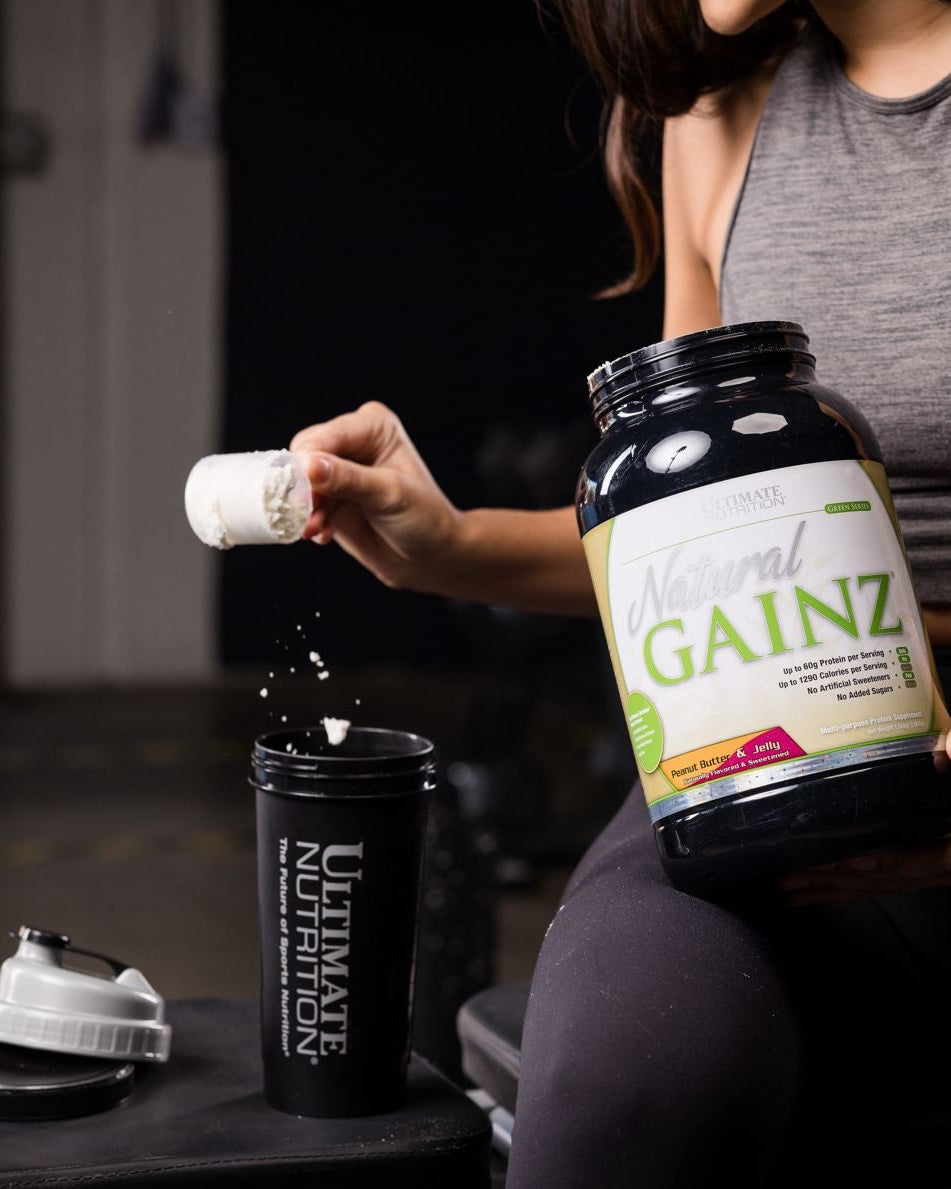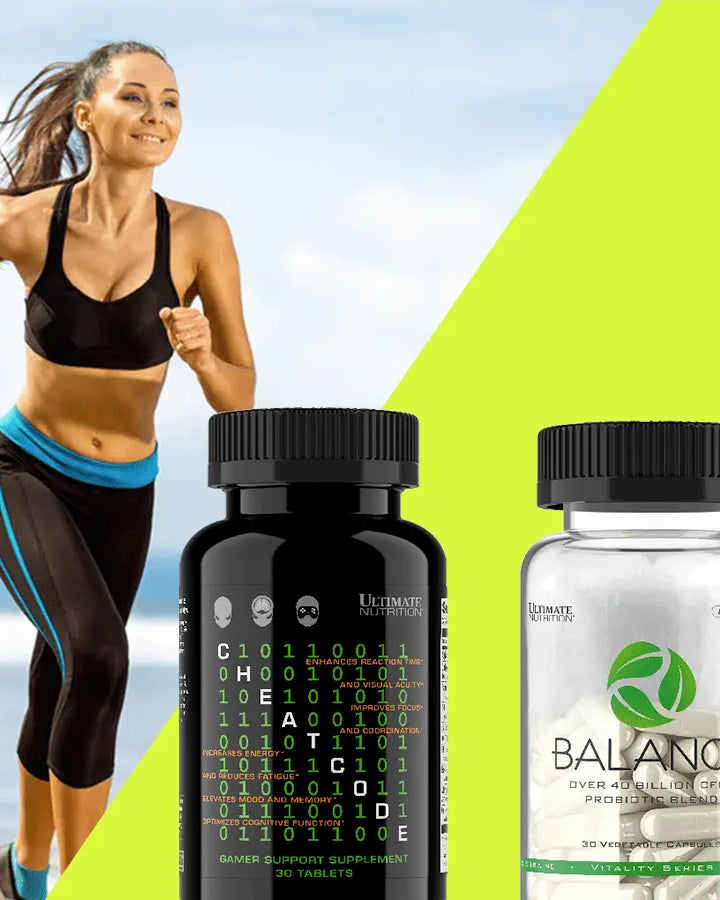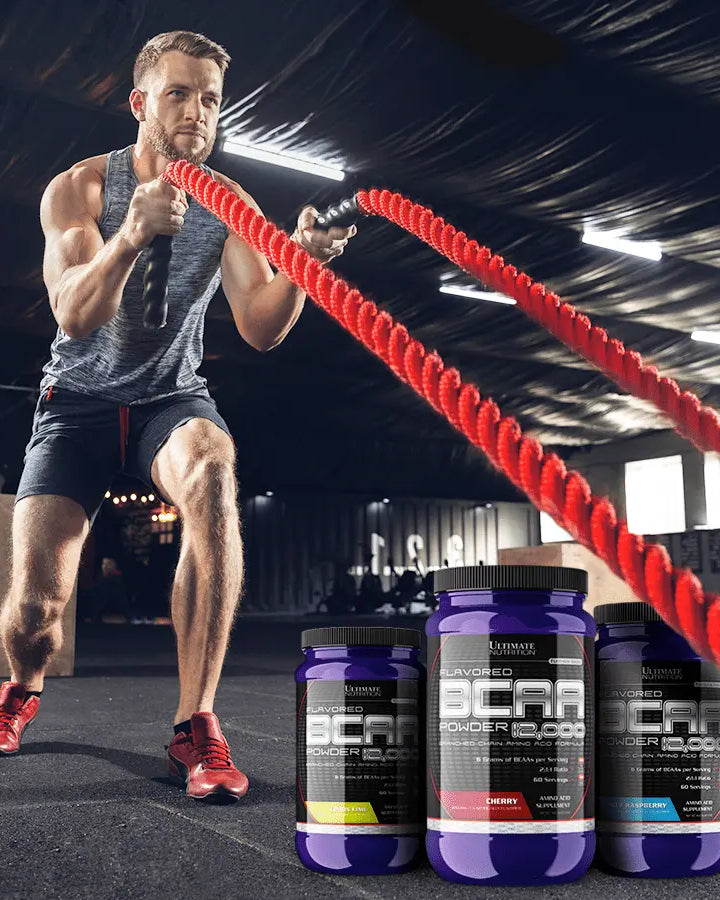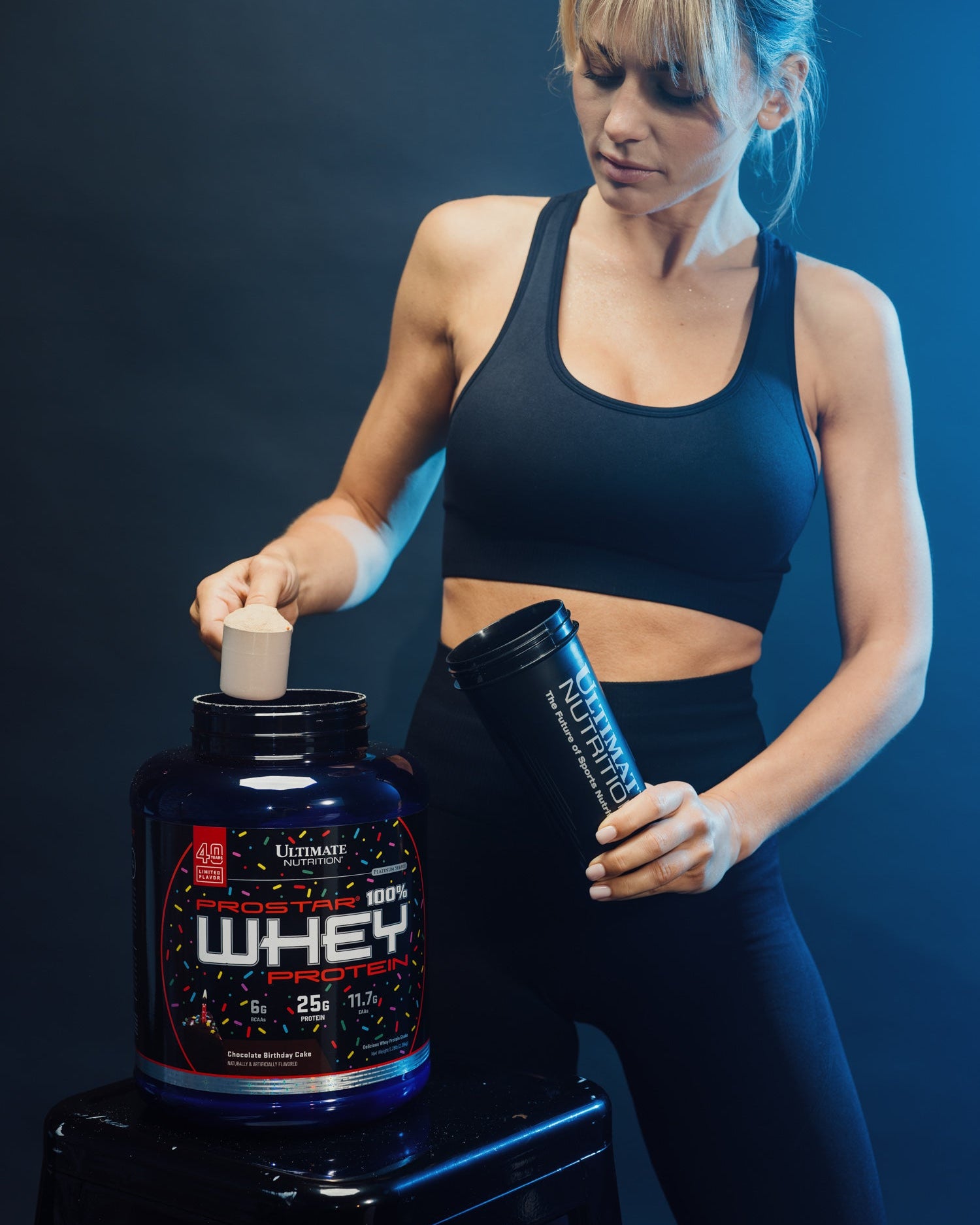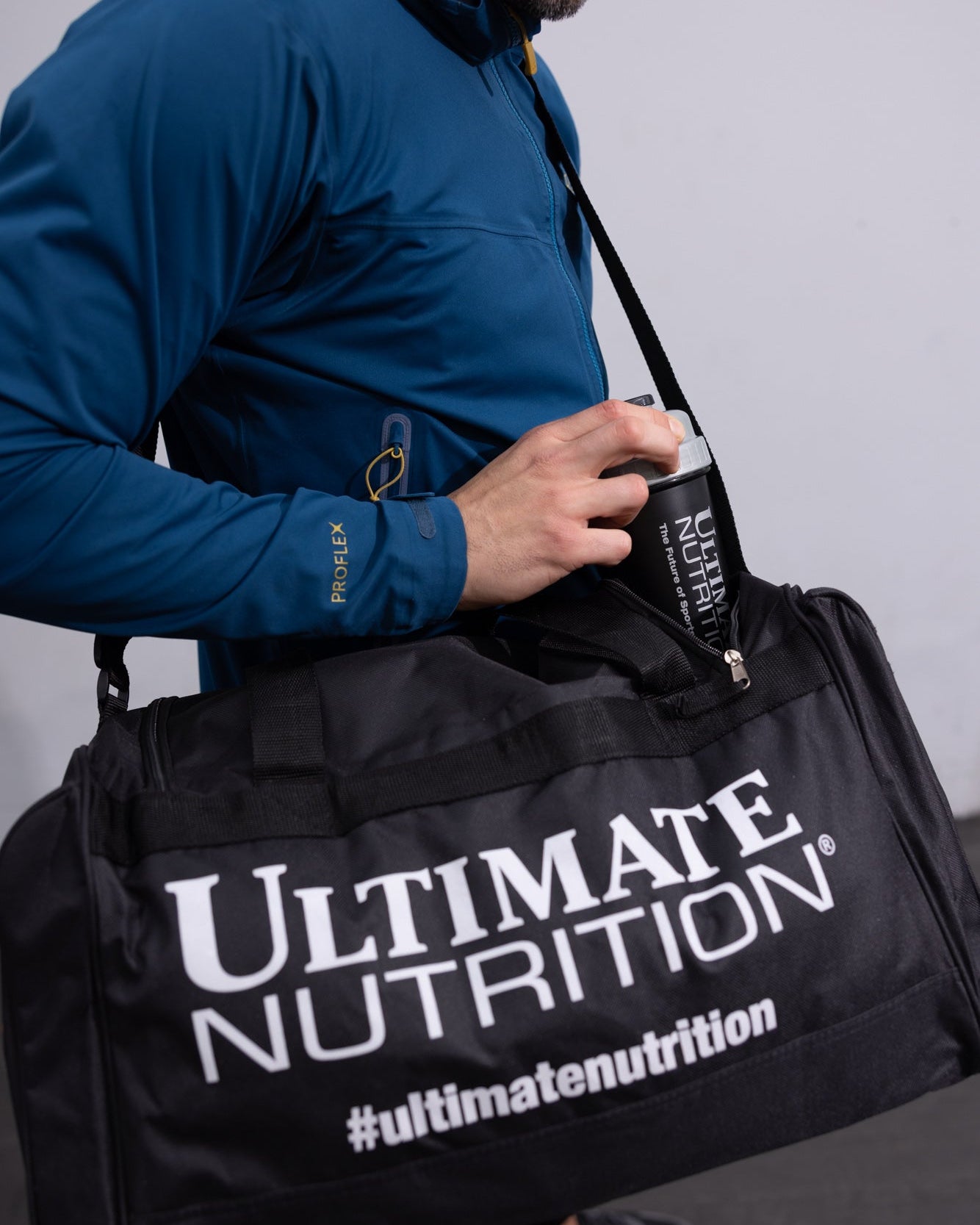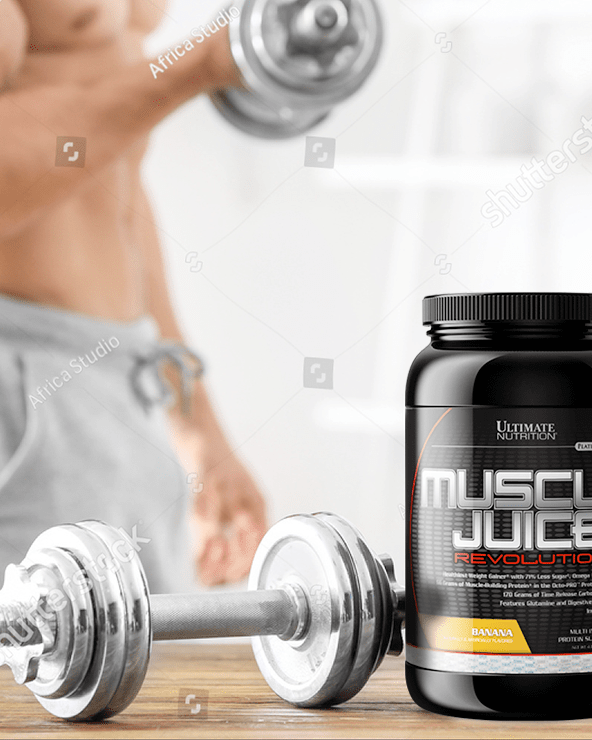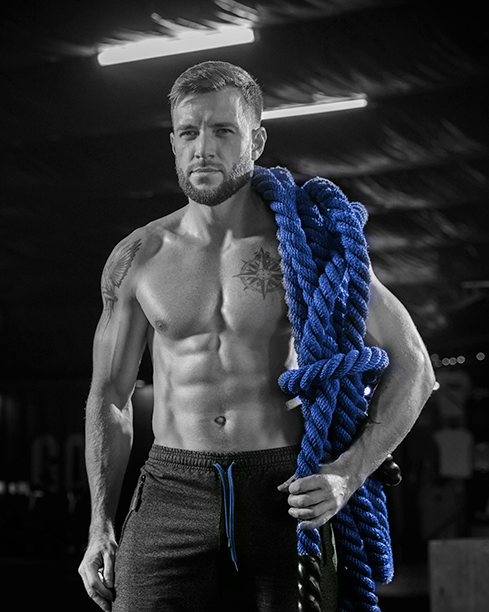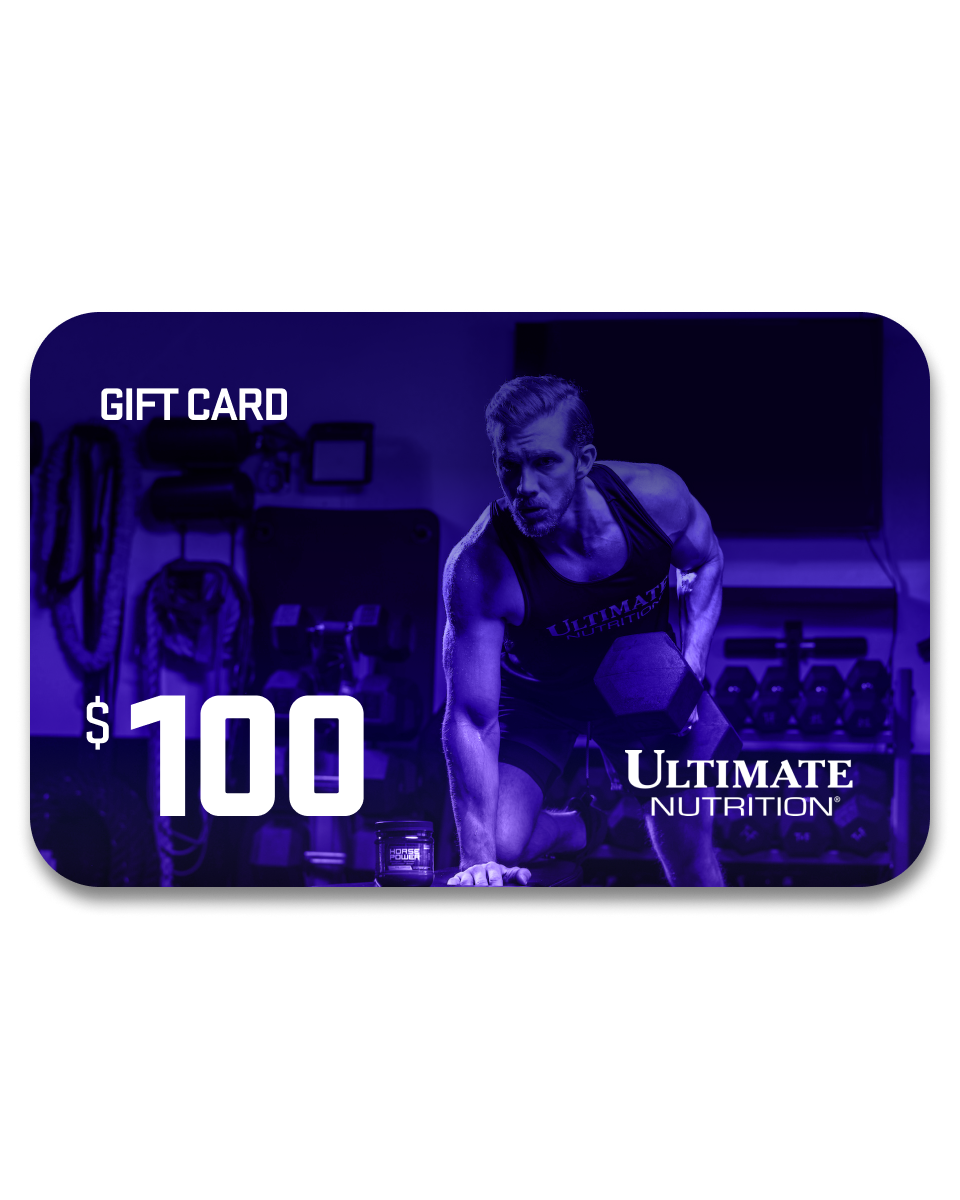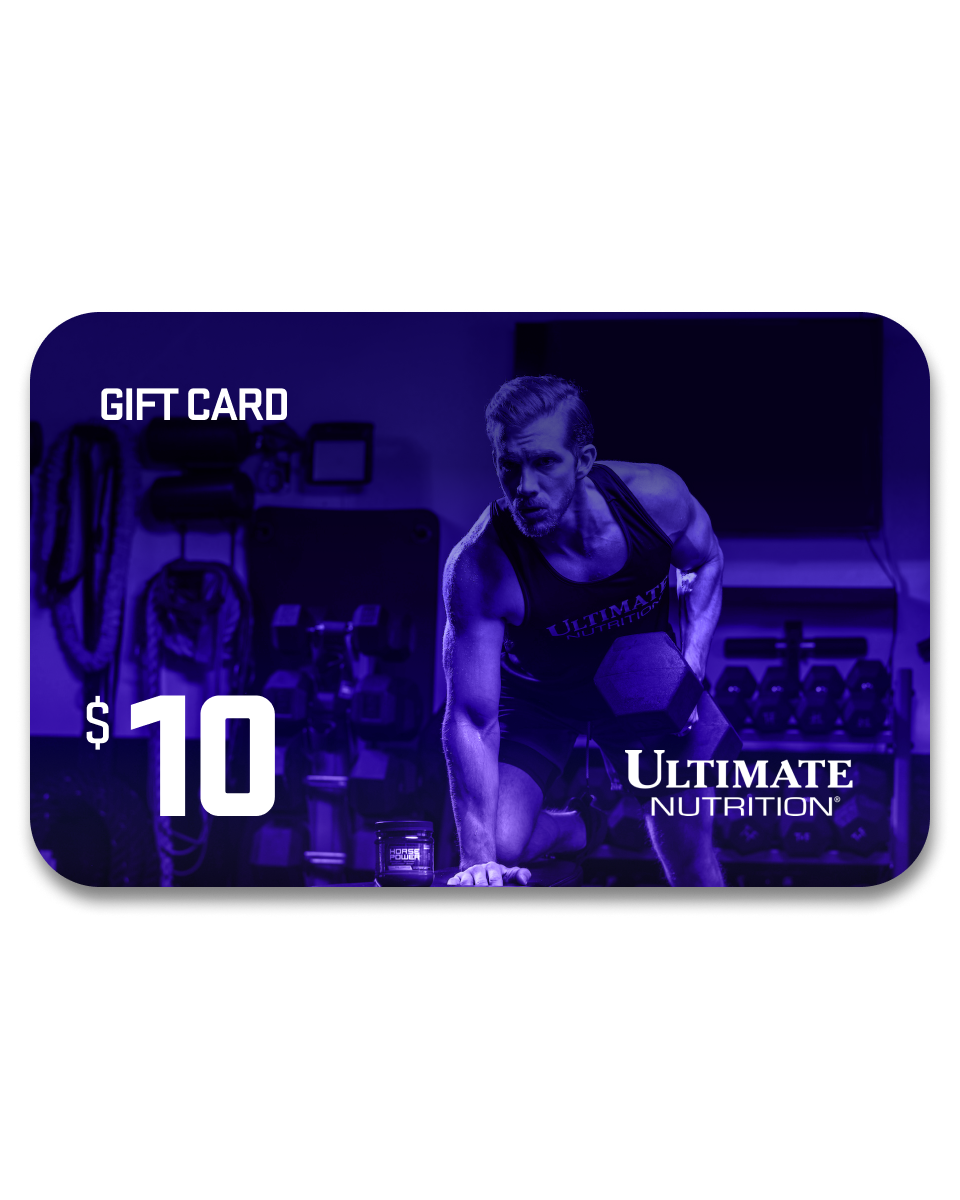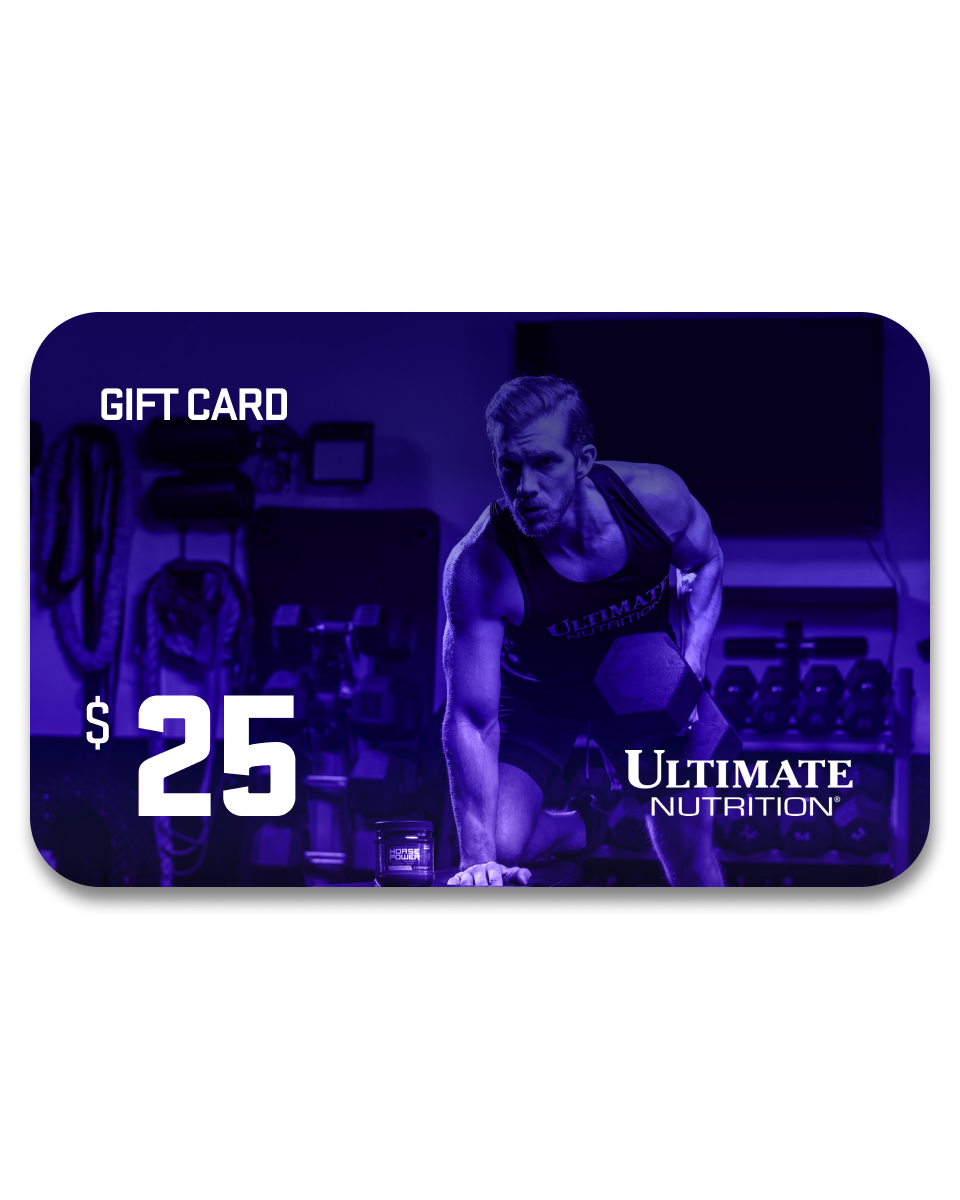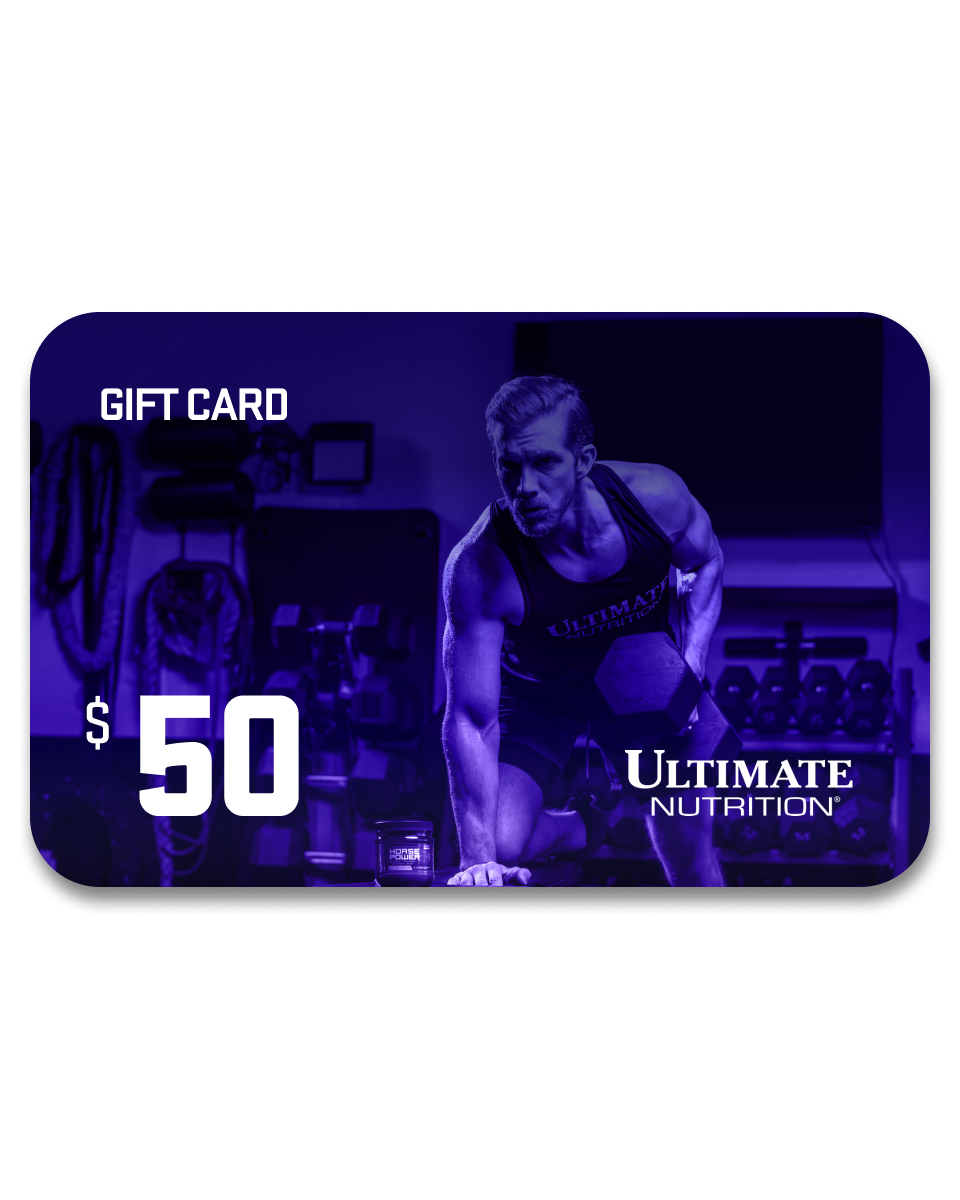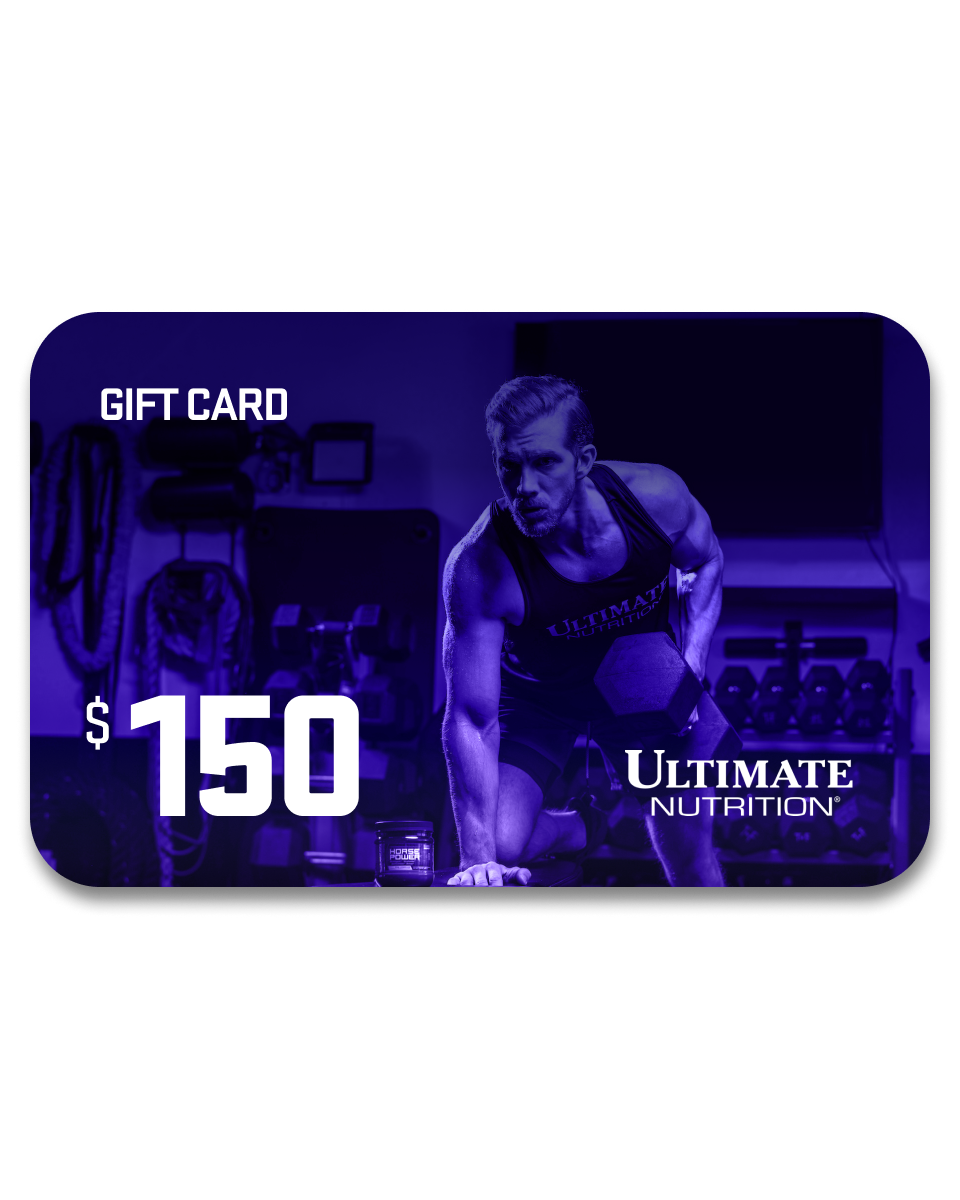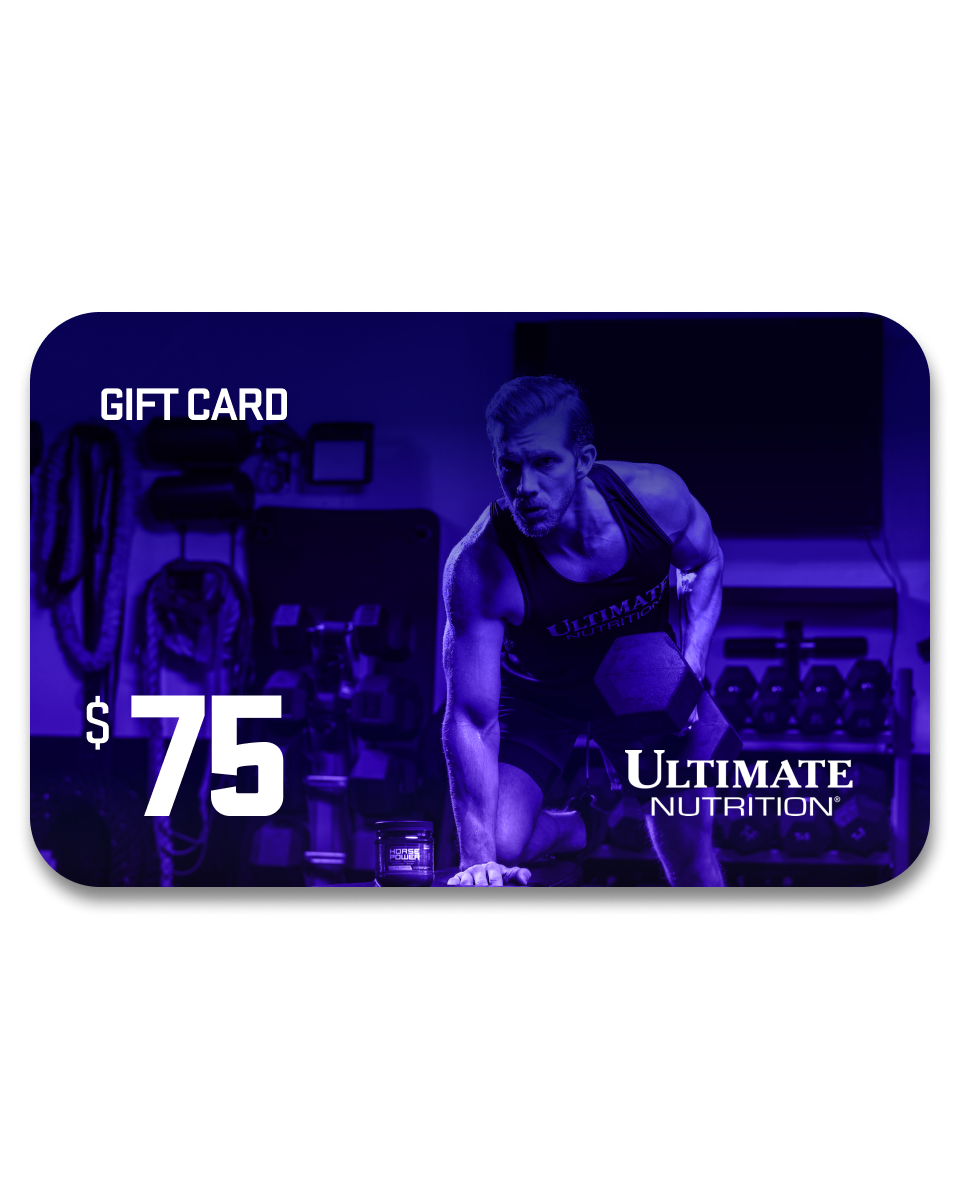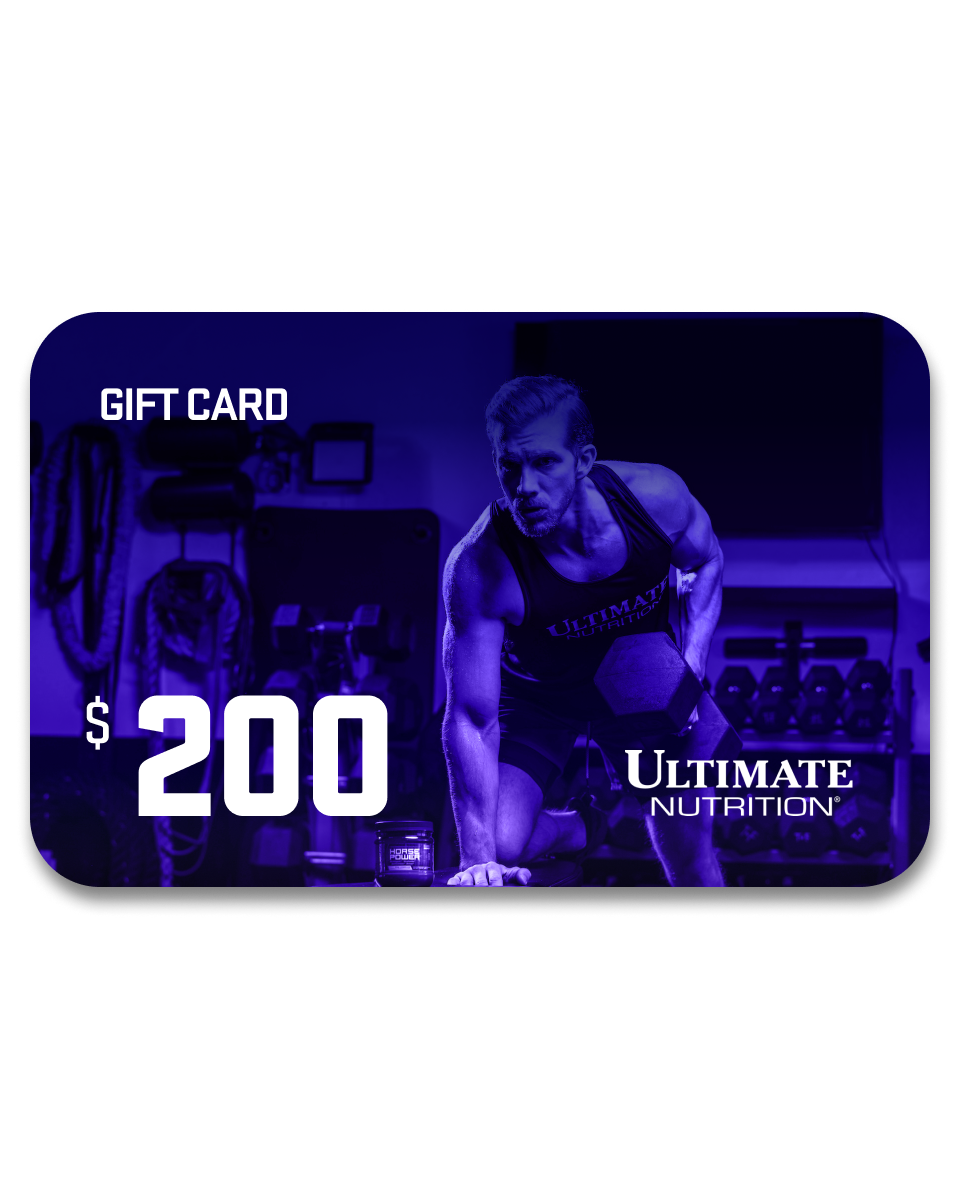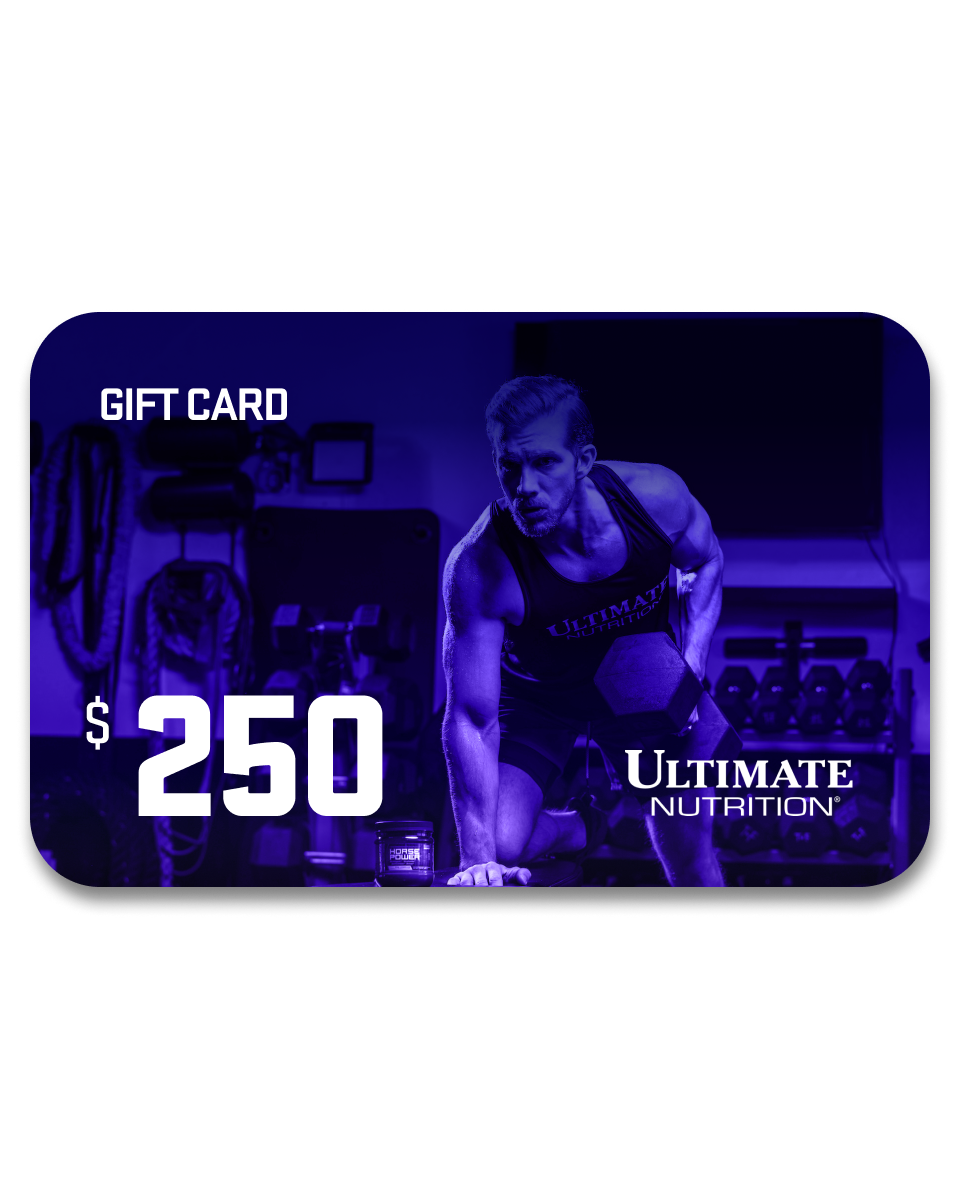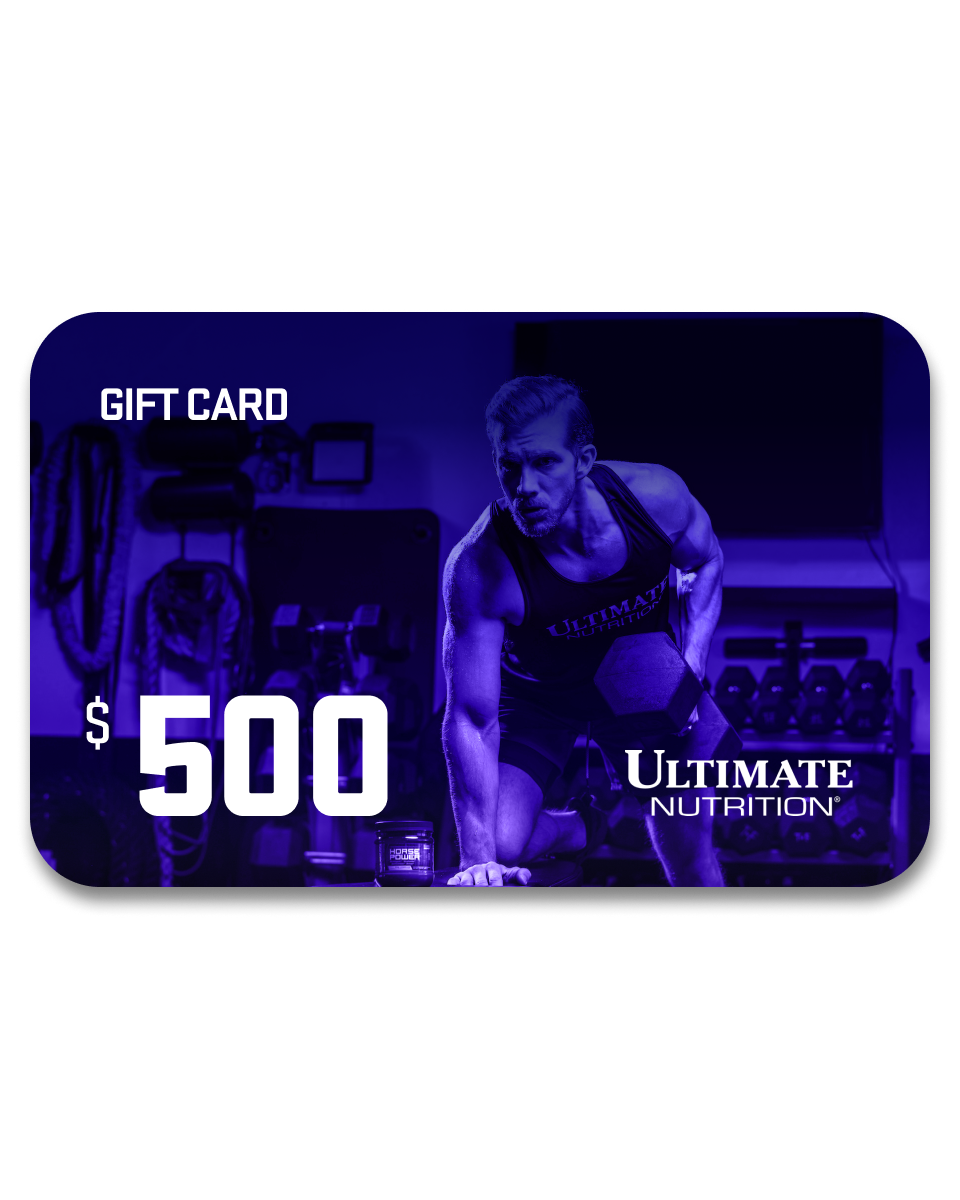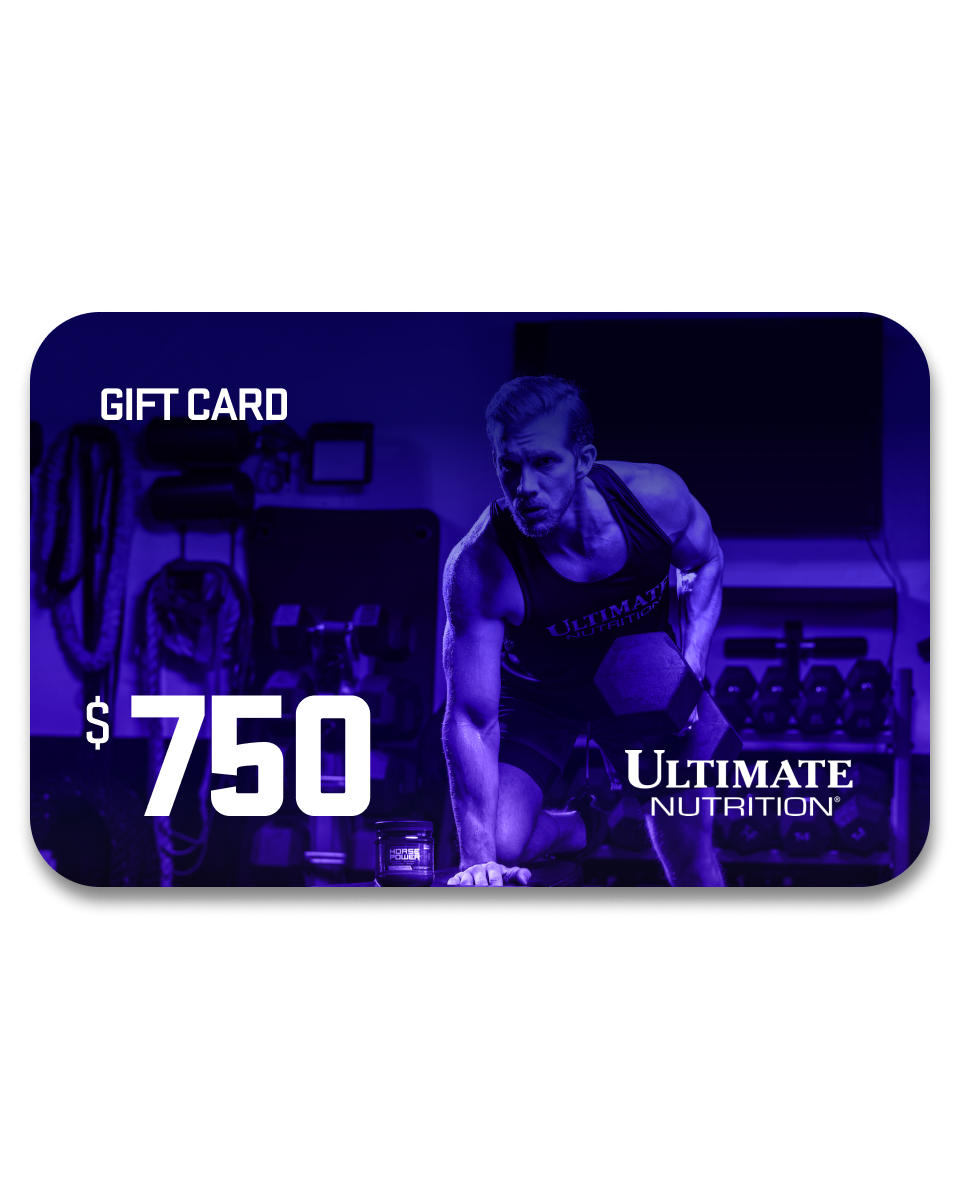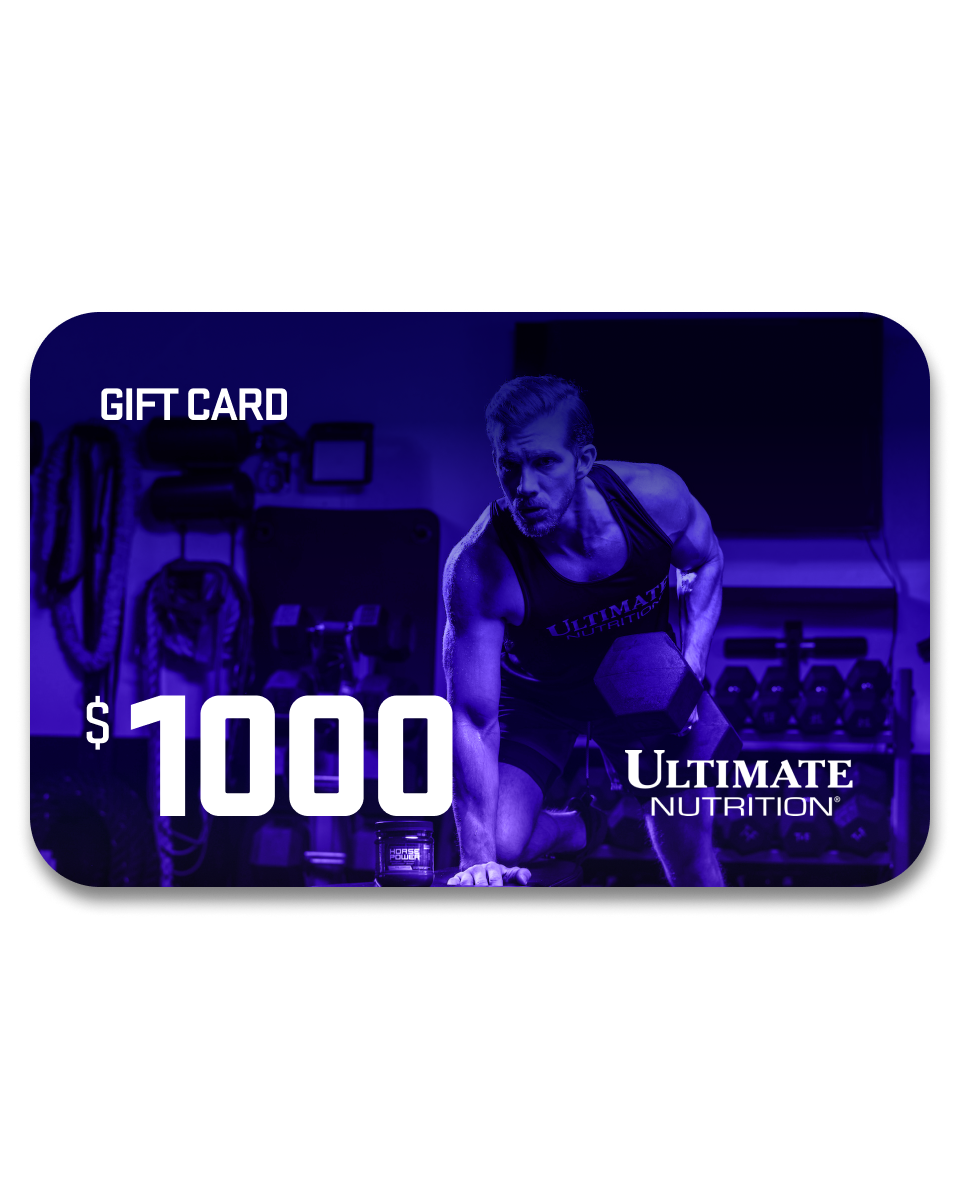When working out becomes a serious part of your lifestyle, so does eating. Whether you’re trying to build muscle, lose fat, or better your heart health, exercise and diet go hand in hand.
We all quickly come to realize that no matter how many hours we’re putting in on the Peloton or at the gym, it doesn’t make a whole lot of a difference if we’re not putting the same thoughtfulness into our food.
Depending on your lifestyle and when you eat, each macro takes charge and activates specific processes that help you at different times of the day. You might eat a carb-based breakfast to jumpstart your morning or a fatty afternoon snack to refuel, but when’s the best time to make the most out of your protein?
Protein 101
Everyone needs a balanced diet of all three macros; carbohydrates, fat, and protein, to keep their body functioning as it should. Like carbs and fats, protein has all kinds of jobs in your body. Protein is what makes up your hair, nails, bones, and most importantly (to you), your muscles.
Protein helps keep up the size and shape of your muscles, and even as you lose weight and lean out, protein prevents you from losing the muscle you’ve built in your bulk. No matter the reason behind your lifting, protein is what will keep you going without breaking down.
Whether you’re a bodybuilder, powerlifter, or cross-fitter, you want to eat protein at a time that will best optimize the building and maintaining of muscle. So, where in the day does protein belong?
In reality, you should be eating protein with every meal if building muscle is an integral part of your fitness goals. Although, depending on when you eat protein, it will have a different effect on your body. You can use this information strategically to make the most out of your protein throughout the day.

Protein Before Your Workout
If protein’s a part of your pre-workout meal, it’ll function differently compared to how it will post-workout. Many benefits will overlap, but a few are specific to some pre-workout proteins.
Allows For Early Protein Synthesis
Consuming protein pre-workout kick starts muscle protein synthesis during training rather than after you’ve finished, resulting in a maximum pump.
Eating protein before you train can get your body revved up to begin protein synthesis. Muscle protein synthesis is the process in which protein is produced to repair muscle damage. When protein synthesis occurs during your workout rather than after, you’ll experience a better pump throughout your training.
Pre-workout protein intake increases amino acid delivery and uptake by your muscles during a workout. Amino acids are the molecules that combine to form protein, so the more taken in by your muscles, the better.

Burns More Calories
Muscle gains aside, some pre-workout protein can help with fat loss. A study from Medicine and Science in Sports & Exercise found that protein pre-workout can also result in an increased calorie burn. The study found that just one scoop of whey protein pre-workout increased calorie burn over the next 24 hours.
The exact cause of this increase in calorie burn is unknown. Still, it may be due to the added metabolic effects of increasing protein and modifying substrates (energy sources) used during exercise.
Fuels You
Carbs aren’t the only macronutrient that helps fuel you for a workout. If your body’s running low on carbs and fats, your body will turn to your protein stores to keep you going. When you’re trying to lose weight or simply cutting out carbs, you should turn to a protein shake or bowl of greek yogurt to ensure you still have enough energy to keep you fueled for your workout.

Protein After Your Workout
The more popularized time frame for protein consumption: post-workout. Protein in your post-workout meal surely has some benefits, but is it the definitive better option? Here’s what protein can do for you post-workout:
Takes Advantage of The Anabolic Window
The “anabolic window” is the approximately two-hour period after a workout in which your muscles are primed and ready to accept nutrients, particularly muscle-building protein. Eating protein after your workout and within the anabolic window can help your muscles better put the nutrients to work.
The longer you wait into the anabolic window, the less absorbent your muscles will be, and the less benefit you’ll derive from your protein supplementation efforts.
Helps With Recovery
One of the most significant roles of protein is repairing bones, tissues, and muscles, so it’s certainly crucial to have in your system after an intense exercise session. Protein is often referred to as the building block of your body’s tissues and organs; when your body’s been injured, it turns to protein for recovery.
As mentioned earlier, this muscle repair process is known as muscle protein synthesis. Consuming protein before your workout may prime you for a mid-workout pump, but a post-workout snack can help with recovery.

Just Eat The Dang Protein When You Can
If you had to choose one time slot for your protein, is it better to eat after a workout or before? Honestly, just eat the amount of protein your body needs whenever you can. In both cases, your body will benefit from protein being a part of your balanced diet.
In trying to debunk the theory of an anabolic window, research showed that pre- and post-workout protein consumption had similar effects on muscle strength and body composition changes. So when you boil it all down, it really comes down to energy vs. recovery, which one do you need more?
Enjoy a protein shake before a workout if you’re using protein for fuel. When you’re using protein for recovery, after your training is better. Overall, just by eating your protein consistently, you’re supporting your body in keeping you healthy and making the most out of your training.

